Understanding the Second
The second is a unit of time measurement in the International System of Units (SI). It is defined as the duration of 9,192,631,770 periods of the radiation corresponding to the transition between two hyperfine levels of the ground state of the cesium 133 atom. This definition provides a highly accurate and reliable standard for time measurement.
Study Guide
- Definition: The second is the base unit of time in the SI system, defined using the properties of cesium atoms.
- Symbol: The symbol for second is "s".
- Multiple and Sub-multiple Units: Time can be measured in multiples or sub-multiples of the second, such as milliseconds (1 millisecond = 0.001 seconds) or minutes (1 minute = 60 seconds).
- Applications: The second is used in various scientific, technological, and everyday contexts for measuring and expressing time intervals.
- Accuracy: The definition of the second based on atomic properties provides extremely high accuracy and precision in timekeeping.
- Relativity: In the context of Einstein's theory of relativity, the perception of time intervals can be affected by factors such as gravity and relative motion.
- Timekeeping Devices: Various devices such as atomic clocks, digital watches, and software applications rely on the accurate measurement of time in seconds.
Key Concepts
It's important to understand the precise definition of the second, its symbol, and its applications in different fields. Additionally, grasping the concept of time measurement in multiples and sub-multiples of the second, as well as the significance of accuracy in timekeeping, is crucial for a comprehensive understanding of this topic.
[Second] Related Worksheets and Study Guides:
.◂Science Worksheets and Study Guides Seventh Grade. Cell Reproduction
Study Guide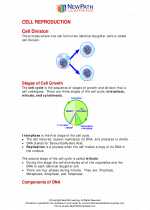 Cell Reproduction
Cell Reproduction  Activity Lesson
Activity Lesson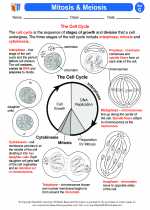 Mitosis & Meiosis
Mitosis & Meiosis  Worksheet/Answer key
Worksheet/Answer key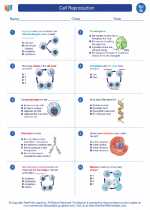 Cell Reproduction
Cell Reproduction  Worksheet/Answer key
Worksheet/Answer key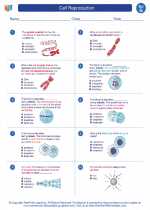 Cell Reproduction
Cell Reproduction  Worksheet/Answer key
Worksheet/Answer key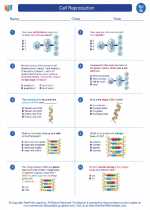 Cell Reproduction
Cell Reproduction  Vocabulary/Answer key
Vocabulary/Answer key Cell Reproduction
Cell Reproduction  Vocabulary/Answer key
Vocabulary/Answer key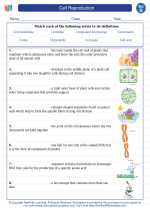 Cell Reproduction
Cell Reproduction  Vocabulary/Answer key
Vocabulary/Answer key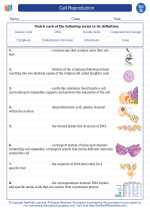 Cell Reproduction
Cell Reproduction  Vocabulary/Answer key
Vocabulary/Answer key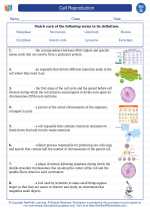 Cell Reproduction
Cell Reproduction  Vocabulary/Answer key
Vocabulary/Answer key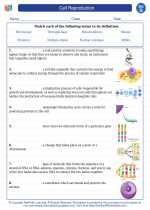 Cell Reproduction
Cell Reproduction  Vocabulary/Answer key
Vocabulary/Answer key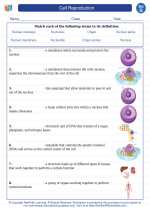 Cell Reproduction
Cell Reproduction  Vocabulary/Answer key
Vocabulary/Answer key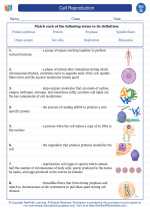 Cell Reproduction
Cell Reproduction  Vocabulary/Answer key
Vocabulary/Answer key Cell Reproduction
Cell Reproduction 

 Activity Lesson
Activity Lesson
 Worksheet/Answer key
Worksheet/Answer key
 Worksheet/Answer key
Worksheet/Answer key
 Worksheet/Answer key
Worksheet/Answer key
 Vocabulary/Answer key
Vocabulary/Answer key
 Vocabulary/Answer key
Vocabulary/Answer key
 Vocabulary/Answer key
Vocabulary/Answer key
 Vocabulary/Answer key
Vocabulary/Answer key
 Vocabulary/Answer key
Vocabulary/Answer key
 Vocabulary/Answer key
Vocabulary/Answer key
 Vocabulary/Answer key
Vocabulary/Answer key
 Vocabulary/Answer key
Vocabulary/Answer key

The resources above cover the following skills:
LIFE SCIENCE
From Molecules to Organisms: Structures and Processes
Gather and synthesize information to explain how prokaryotic and eukaryotic cells differ in structure and function, including the methods of asexual and sexual reproduction.